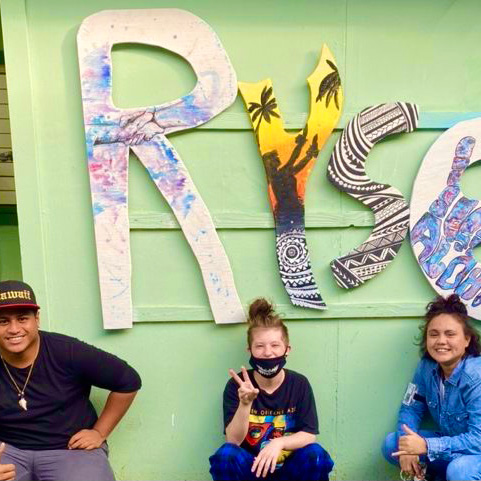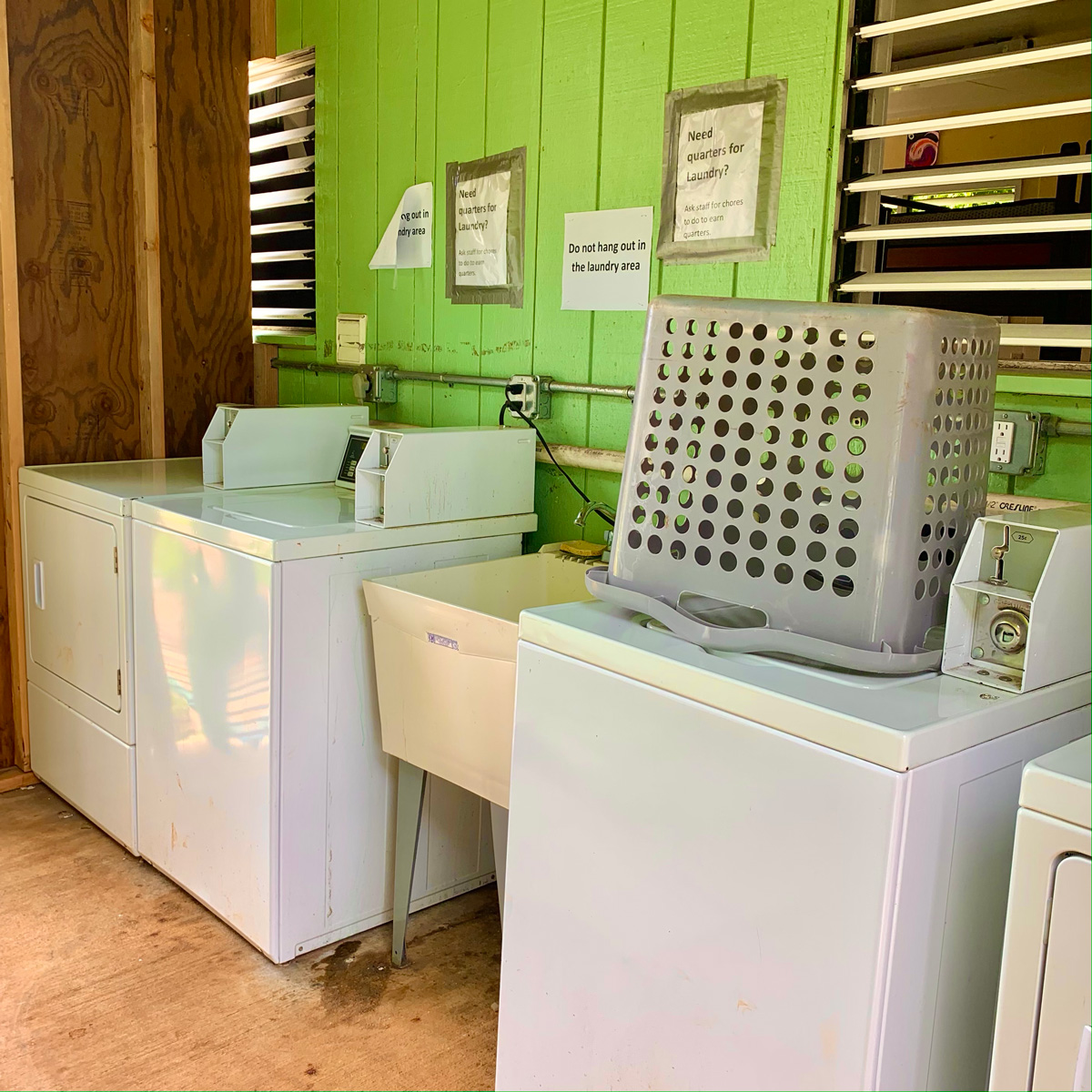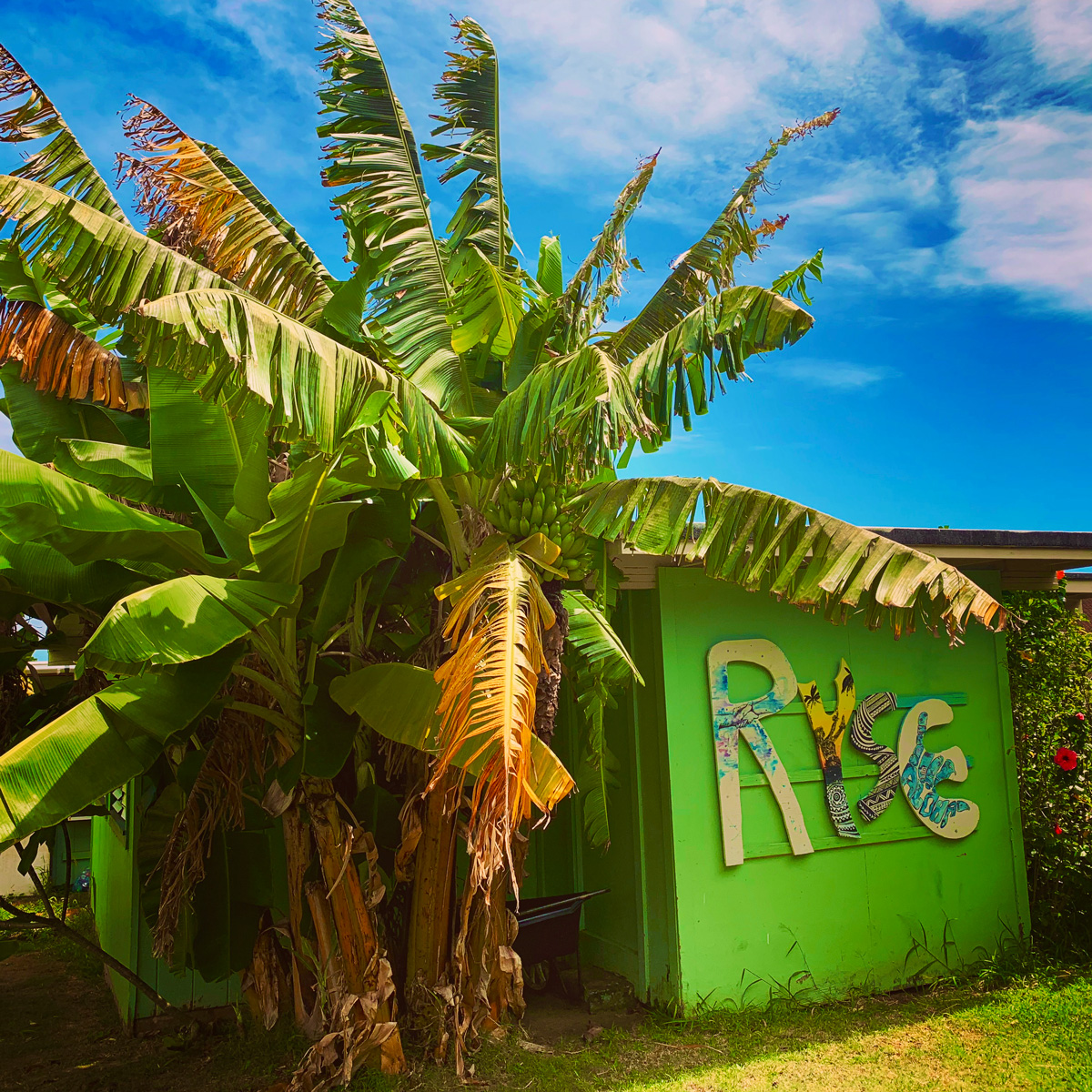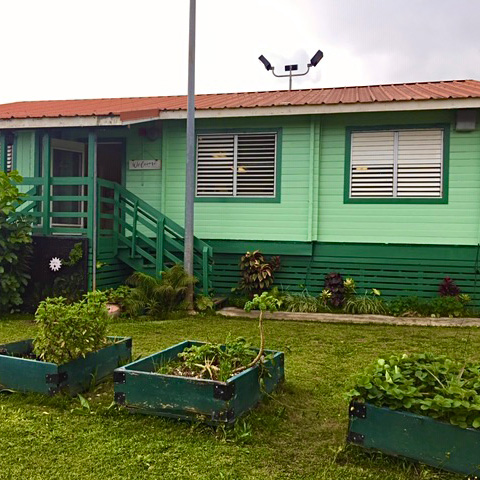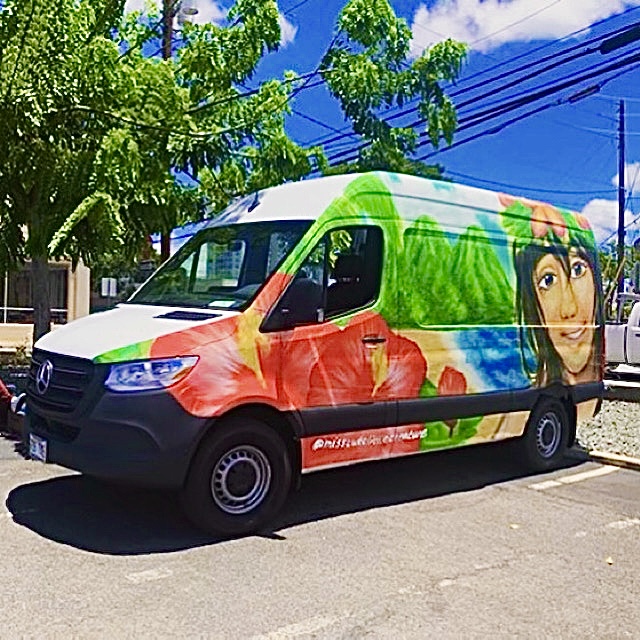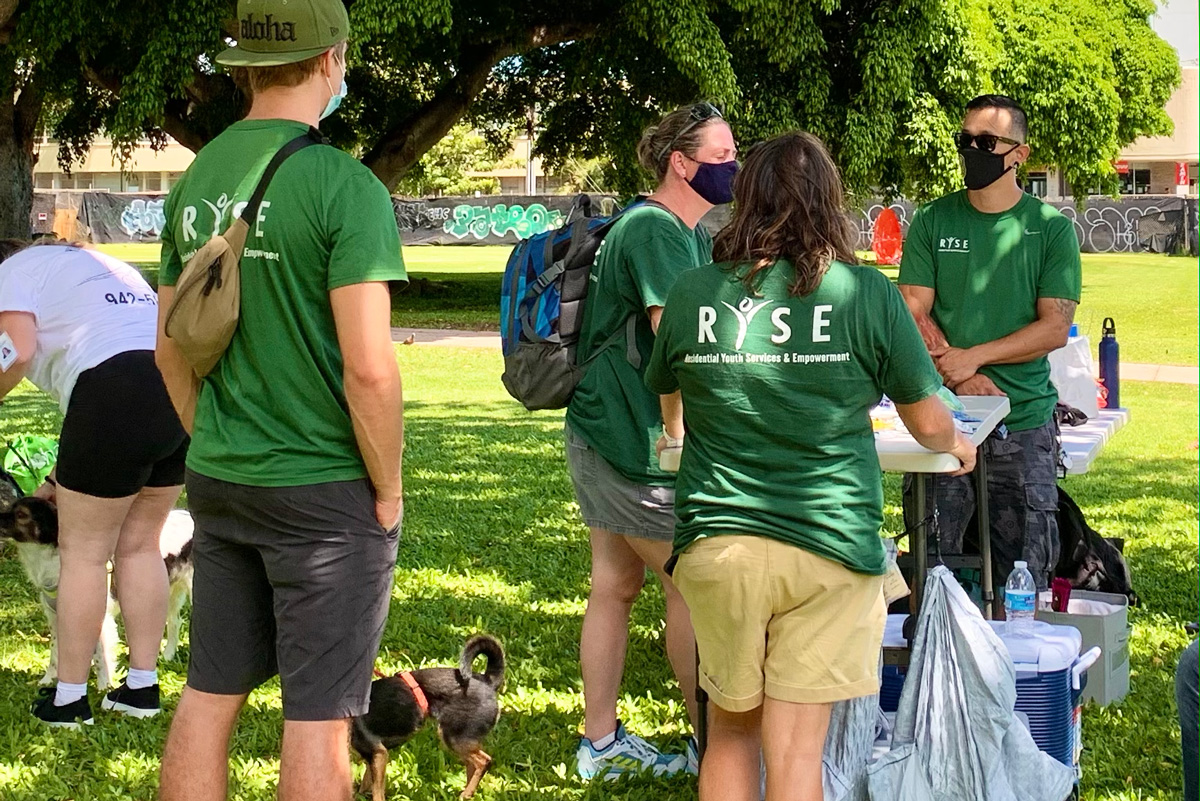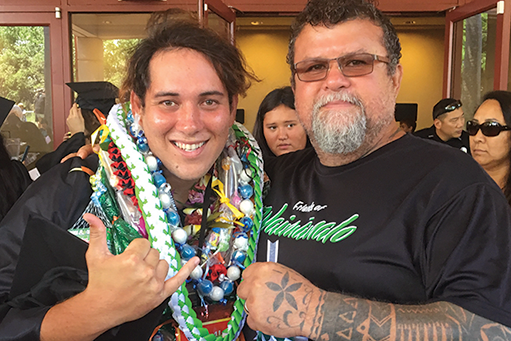Get Help
For housing emergencies 24/7, call or text 808-861-6606.
For other information, call us at 808-498-5180.
How RYSE Can Help
RYSE offers a variety of emergency shelter and housing options, but we also want to ensure our youth know where they can find other types of assistance they might need. Select one of the service options below to find information on immediate assistance, or select More Resources options for non-emergency resources.
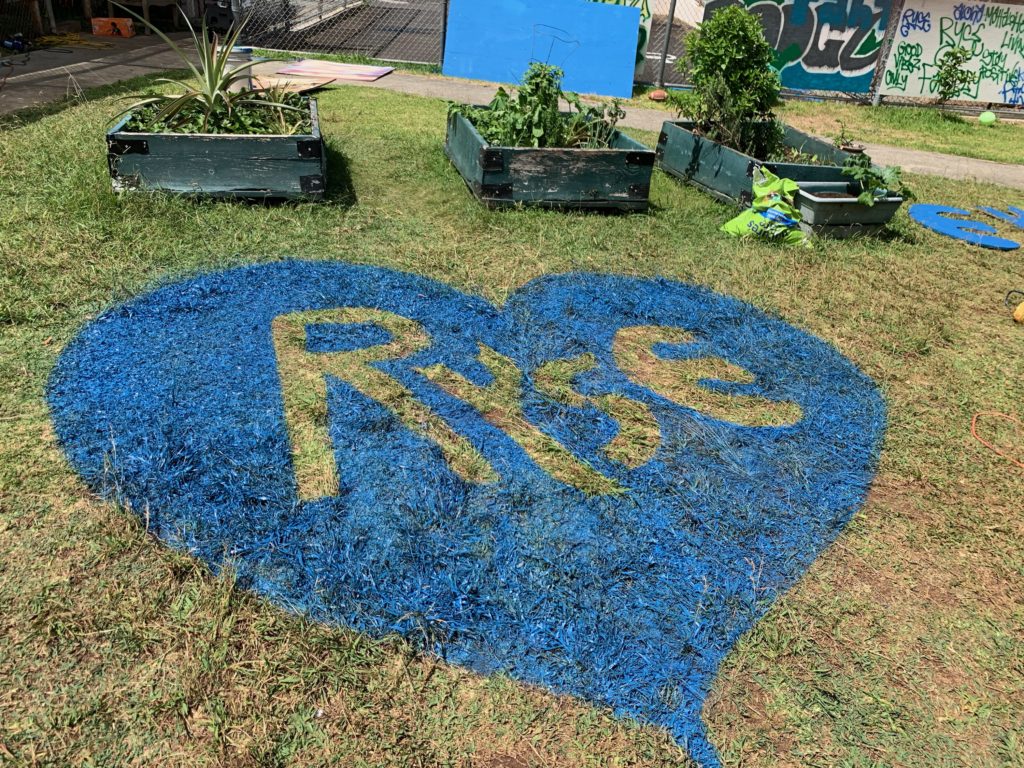
Clinic and Behavioral Health
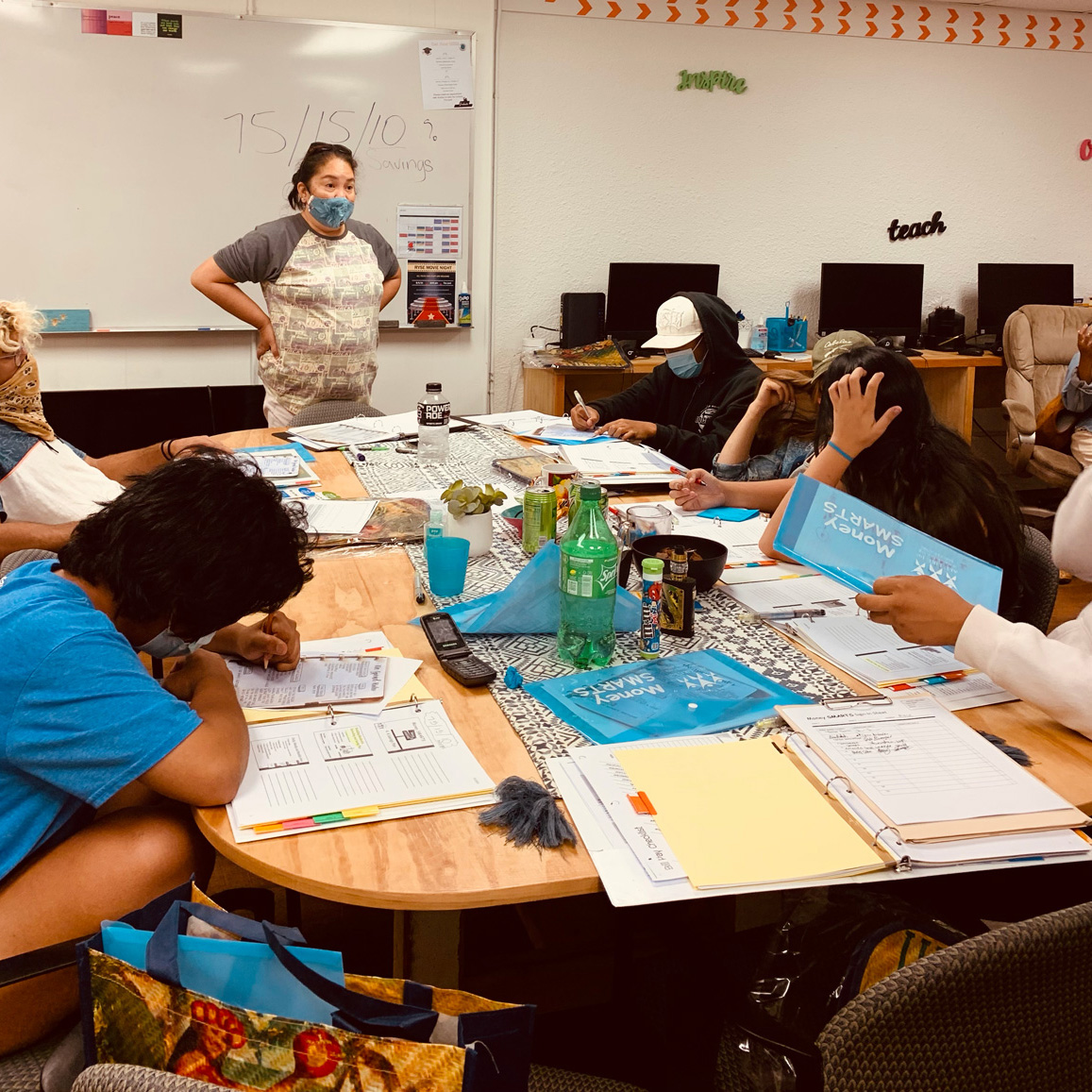
Education & Employment
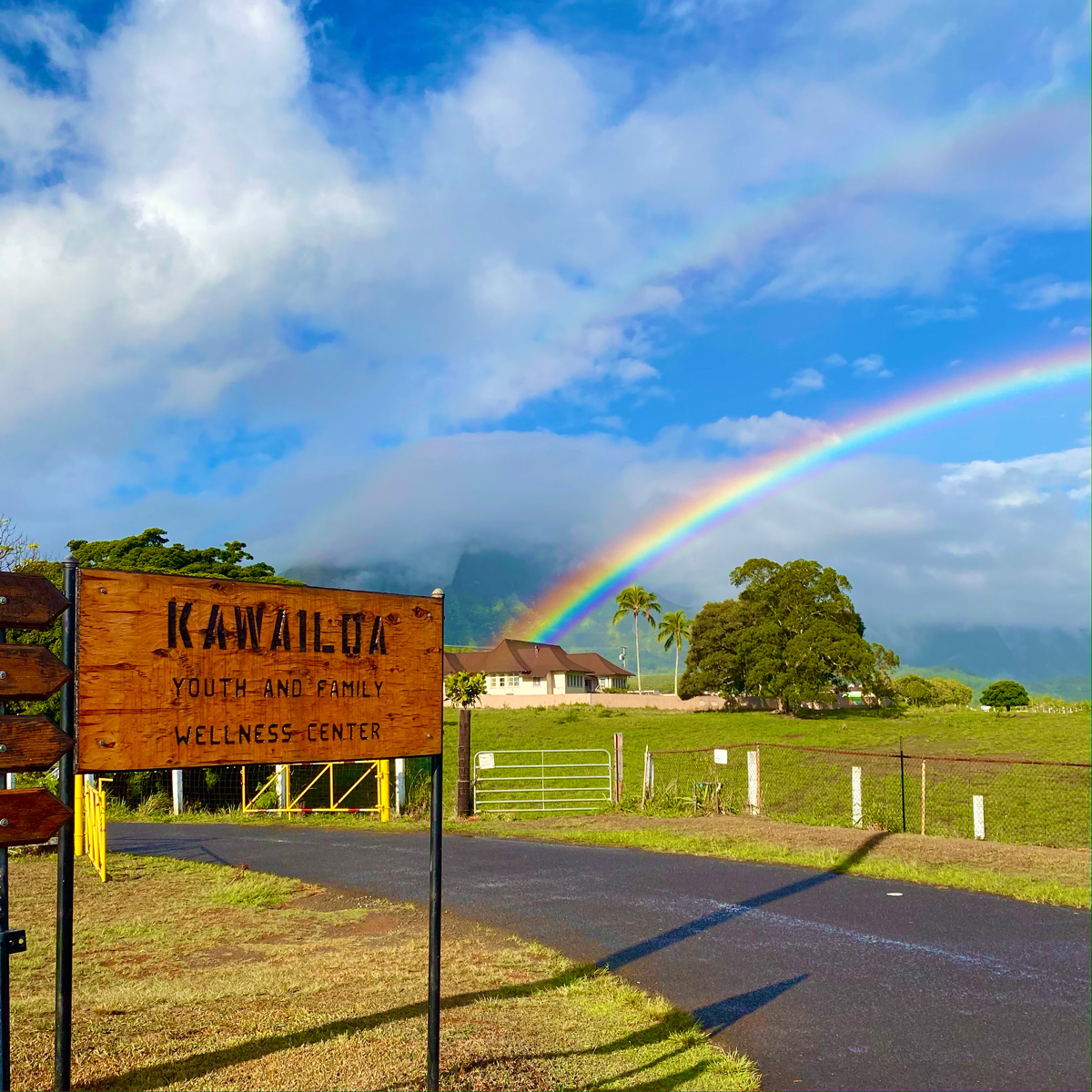
FAQ
